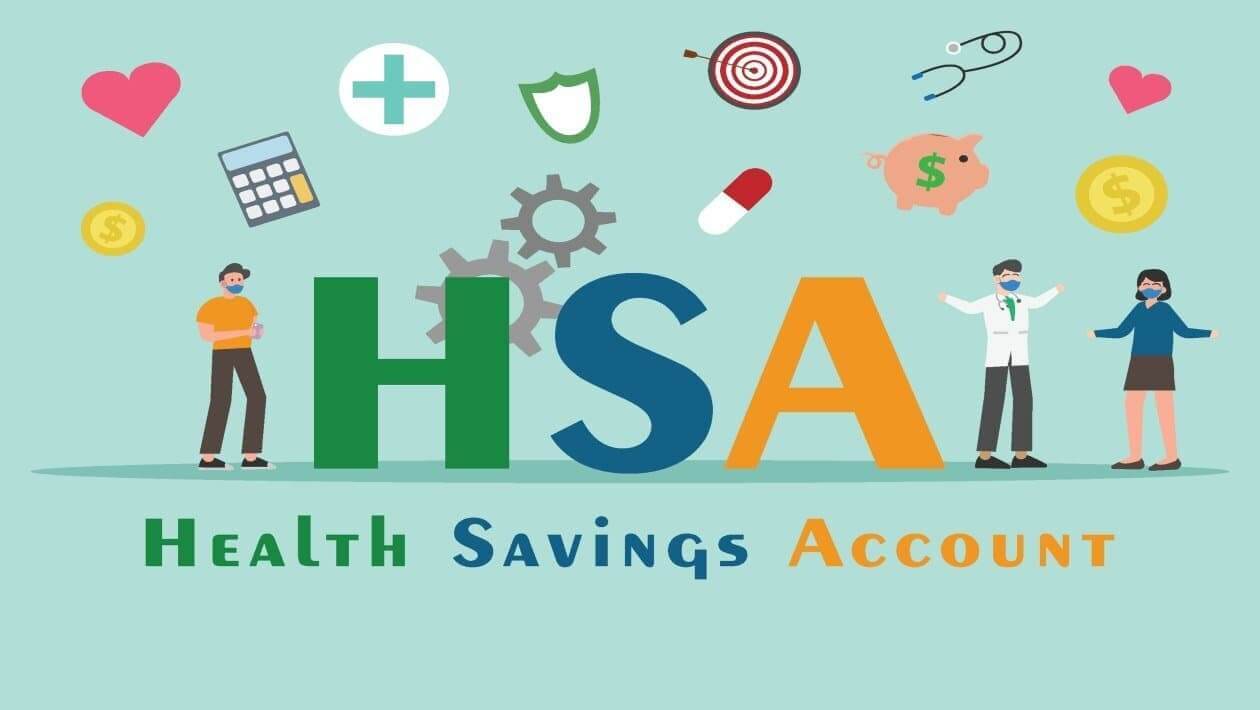The Health Savings Accounts are a great way to reduce your federal income tax bill as the money contributed to these accounts isn’t taxed. When the time for distribution comes due to healthcare payments, you won’t be taxed also if the medical expenses qualify under the IRS rules.
Added with the fact that you can qualify for a tax deduction of up to $3,650 as an individual and $7,300 for family coverage, the HSA is such a great way to save tax while taking care of your health care costs.
Unlike the qualifying expenses deduction which you are required to itemize, you can deduct the health savings account contributions even if you take the standard deduction. This is because the HSA deduction isn’t exactly a deduction as it’s rather seen as an adjustment to income. That’s why you’ll claim it using Schedule 1.
Medical expenses that are not taxed for HSA eligible expenses per IRS guidelines are as follows.
- Abortion
- Acid reducers
- Acne laser procedures
- Acne treatment
- Acupuncture
- Allergy and sinus prescriptions
- Ambulance expenses and emergency care
- Anti-allergy medications
- Artificial limbs
- Birth control pills, shots, and devices, such as the IUDs
- Blood pressure monitors
- Blue-light glasses
- Body scans
- Breast pumps and lactation supplies
- Breast reconstruction surgery after cancer
- Breathing slips
- Canes, sticks, and walkers
- Childbirth classes for the expecting mother
- Childbirth expenses, such as care from a midwife or obstetrician
- Chiropractic treatment
- Contact lenses and saline solution
- Cough, flu, and cold medications
- Crutches
- Dental care, including cleanings, sealants, fluoride treatments, X-rays, fillings, braces, extractions, and dentures
- Diabetes education, including nutrition counseling
- Diabetes supplies, such as blood sugar test kits and insulin
- Egg donor expenses related to infertility treatment
- Eye drops
- Eye exams
- Eye surgery, including laser surgery
- Eyeglasses, including prescription and reading glasses, and prescription sunglasses
- Feminine hygiene products, such as pads, tampons, and menstrual cups
- First-aid kits
- Flu shots
- Food, grooming, and veterinary care for guide dogs
- Guide dogs to assist with disabilities
- Hearing aids and batteries
- Heartburn medications
- Hospital expenses for both inpatient and outpatient services
- Infertility treatment, including in vitro fertilization; egg, sperm, and embryo storage; fertility monitors; and sperm washing
- Inpatient drug and alcohol treatment
- Insect repellant and anti-itch creams
- Insulin
- Lab fees
- Laxatives
- Lip treatments for cold and canker sores
- Long-term-care premiums, up to a qualifying amount based on your age
- Medical alert bracelets
- Medical records fees
- Medicare premiums if you’re 65 or older, excluding Medicare supplemental policies
- Medicated shampoos and soaps
- Nasal sprays
- Nightguards to treat teeth grinding
- Nursing care, whether provided in your home or a nursing home
- Occupational therapy
- Oxygen and oxygen equipment
- Pain relievers
- Physical exams
- Physical therapy
- Prescription medications
- Psychiatrist care
- Psychologist care
- Skin creams and ointments, including cleansers, toners, and moisturizers
- Sleep aids
- Smoking-cessation programs and drugs, including nicotine patches and gums
- Speech therapy
- Sunscreen and OTC remedies o treat the effects of sun exposure
- Surgery, excluding elective cosmetic surgery
- Thermometers
- Tubal ligation and tubal ligation reversal
- Ultrasounds
- Vaccines
- Vasectomy (male sterilization) and vasectomy reversal
- Wheelchairs
- X-rays
How to claim the benefits of HSA eligible expenses?
In order to reap the advantages of the health savings account, you need to have one first, and contribute money to the account regularly. The benefits of an HSA may not be as apparent as other ways to pay for health care. It wouldn’t be fair to the HSA to think that it’s not logical to contribute and save money through it. In the long run, you’ll be letting your savings grow tax-free, and use it to pay healthcare expenses without paying a single cent in taxes on the distributions.
Since you won’t pay any tax and assuming you have enough balance on your account, you will cover your expenses related to health that are eligible and pay the healthcare expenses. Since you won’t pay tax on your contributions to the HSA and you won’t get tax when taking out the distributions, it’s a double-edged sword that gets in the way of taxes while allowing you to provide better care for yourself and your loved ones.
